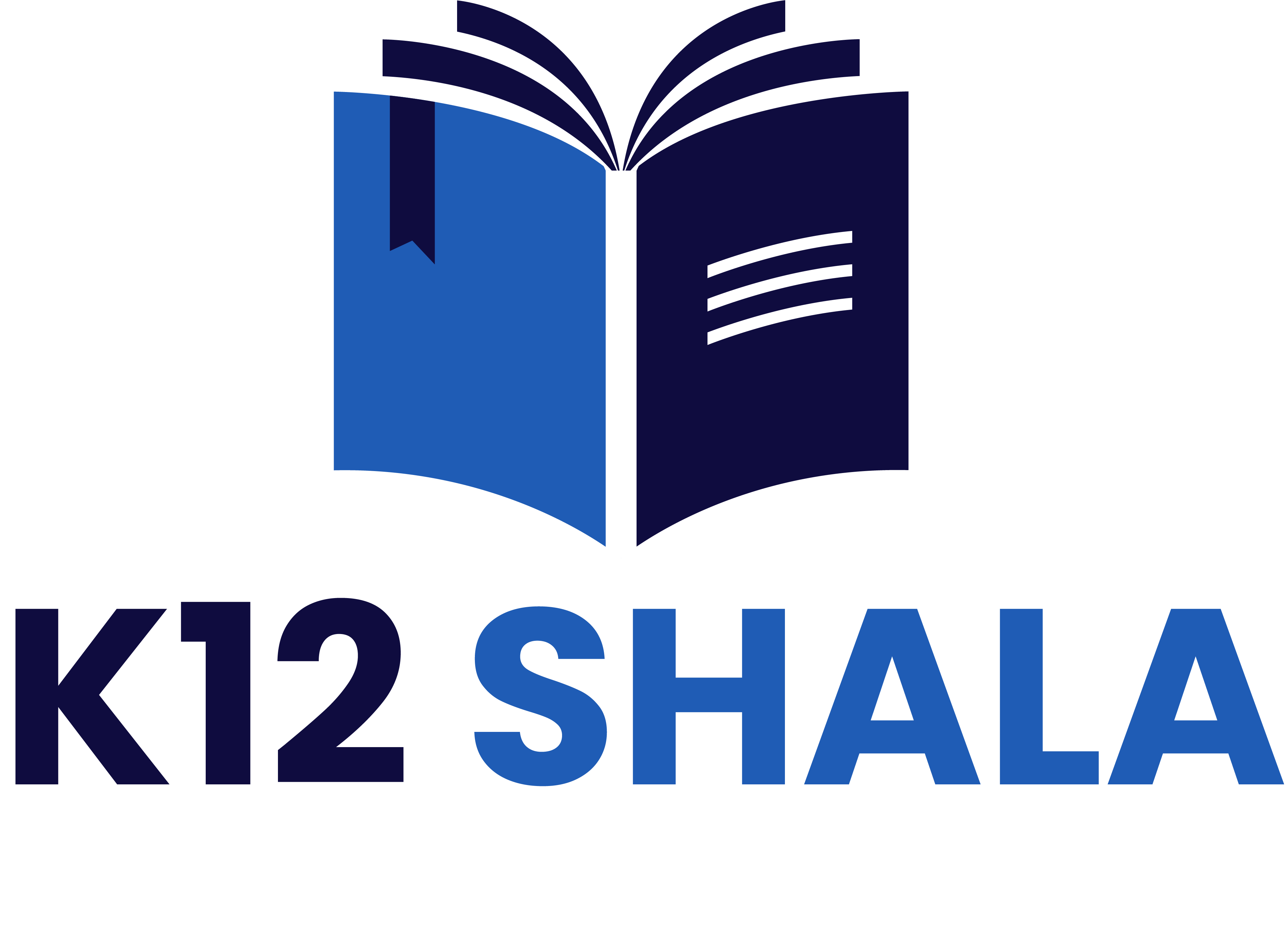Introduction to Project Work in ICSE
Welcome, ICSE students! Are you ready to ace your project work and impress your teachers with top-notch internal assessments? Project work in ICSE plays a crucial role in showcasing your creativity, research skills, and knowledge. But fear not, we’ve got you covered with expert tips on how to score high in your internal assessments. From choosing the perfect topic to acing that viva voce presentation, this blog post will guide you every step of the way towards academic success. Let’s dive in and make those projects shine!
Importance of Internal Assessments in ICSE
Internal assessments in ICSE play a crucial role in evaluating a student’s understanding and application of concepts. These assessments provide an opportunity for students to showcase their knowledge beyond traditional exams. By engaging in project work, students can enhance their research skills, critical thinking abilities, and creativity.
Unlike exams that focus on memorization, internal assessments encourage students to delve deeper into a topic, fostering a more profound comprehension of the subject matter. Through projects, students can explore real-world applications of what they have learned in class.
Furthermore, internal assessments allow teachers to assess students’ holistic development by evaluating not only their academic performance but also their presentation skills and ability to articulate ideas effectively.
Internal assessments are not just about grades; they are about nurturing well-rounded individuals who can think critically and solve problems creatively.
Tips for Choosing a Project Topic
Choosing a project topic can be both exciting and overwhelming. When deciding on a subject, consider your interests and strengths to ensure you stay engaged throughout the process. Think about areas that intrigue you or problems you want to solve. Brainstorm ideas with friends or family for fresh perspectives.
Research potential topics to ensure there is enough information available for your project. Look for current trends or issues in the field that spark your curiosity. Consider choosing a topic that aligns with your career aspirations or academic goals.
Keep in mind the scope of your project and choose a manageable topic that allows you to delve deep without getting lost in too much detail. Selecting a specific focus will help keep your research organized and structured.
Don’t hesitate to seek advice from teachers or mentors when narrowing down your options. They can provide valuable insights and guidance based on their experience. Remember, choosing the right project topic sets the foundation for a successful internal assessment journey ahead!
Guidelines for Conducting Research and Creating a Project Plan
Research is the backbone of any successful project. Start by defining clear objectives and outlining a structured plan. Conduct thorough research from reliable sources to gather relevant information and data. Ensure your research aligns with the project’s requirements.
Organize your findings systematically, creating a detailed project plan that outlines each step of your work. Set realistic timelines and milestones to track progress effectively. Stay flexible to accommodate any unexpected challenges that may arise during the process.
Collaborate with peers or mentors for valuable insights and feedback on your research and project plan. Incorporate their suggestions to enhance the quality of your work. Remember, a well-thought-out plan sets the foundation for a stellar project report!
How to Write an Effective Project Report
When it comes to writing an effective project report, clarity and organization are key. Start by outlining the objectives of your project and the methodology used to achieve them. Clearly define the scope of your research and highlight any limitations faced during the process.
Ensure that your report includes a detailed analysis of your findings supported by relevant data and sources. Use tables, graphs, or illustrations where necessary to enhance readability. Make sure to cite all references properly to avoid plagiarism.
Incorporate a well-structured discussion section where you can interpret the results obtained from your research. Offer insights into the significance of your findings in relation to existing knowledge in the field.
Conclude your project report with a summary of key takeaways and recommendations for future research or practical applications based on your study. Review and revise your draft multiple times to eliminate errors and improve overall coherence before submission.
Presentation Techniques to Impress Your Teachers
When it comes to presenting your project work in ICSE, the way you deliver your content can make a big difference. To impress your teachers during presentations, start by organizing your information in a clear and structured manner. Use visual aids like slides or posters to enhance understanding and engagement.
Practice speaking confidently and clearly, maintaining eye contact with your audience. Keep your tone enthusiastic but professional, showing that you are passionate about the topic at hand. Remember to dress appropriately for the occasion, as first impressions count.
During the presentation, be prepared to answer questions from your teachers with clarity and confidence. Stay calm and composed even if faced with challenging queries. Engage with the audience by encouraging participation through interactive elements in your presentation.
By mastering these presentation techniques, you can leave a lasting impression on your teachers and showcase your project work effectively.
Common Mistakes to Avoid in Project Work
Embarking on a project work journey can be exciting yet daunting. To ensure success, it’s crucial to steer clear of common pitfalls that may hinder your progress.
One prevalent mistake students often make is procrastination. Waiting until the last minute can lead to rushed work and compromised quality. Another blunder is selecting a topic without ample research or interest, resulting in disengagement throughout the process.
Inadequate planning is also a recipe for disaster. Failing to create a detailed timeline and outline can cause confusion and delays down the line. Moreover, neglecting proper citation and plagiarism checks can tarnish your credibility.
Furthermore, overlooking feedback from teachers or peers deprives you of valuable insights for improvement. Poor time management skills can derail even the most well-thought-out projects. By avoiding these missteps, you’ll set yourself up for project success.
Preparing for Viva Voce
Preparing for the Viva Voce session can be nerve-wracking, but with the right approach, you can ace it effortlessly. Start by reviewing your project thoroughly and understanding every aspect of it. Be prepared to explain your research methodology, findings, and conclusions concisely.
Practice answering potential questions that may arise during the viva. Anticipate inquiries about your project’s significance, limitations, and future implications. Stay confident in your responses while maintaining a respectful attitude towards your examiners.
Dress appropriately for the occasion to create a positive first impression. Arrive early at the designated location to calm any last-minute jitters. Remember to speak clearly and coherently during the viva voce session.
Engage in active listening when responding to feedback or additional queries from examiners. Remain composed even if faced with challenging questions or critiques about your work. Embrace this opportunity as a chance to showcase your knowledge and expertise on the subject matter without hesitation or doubt.
Scoring High in Internal Assessments: A Step-by-Step Guide
Scoring high in internal assessments is crucial for your overall performance in ICSE. To achieve this, start by thoroughly understanding the project requirements and assessment criteria. Next, choose a well-defined and relevant topic that aligns with your interests and strengths.
Conduct extensive research using reliable sources to gather information for your project. Create a detailed plan outlining the key milestones and deadlines to stay organized throughout the process. When writing your project report, ensure it is structured logically with clear headings and subheadings.
For the presentation, practice delivering your content confidently while maintaining eye contact with your audience. Avoid common mistakes such as plagiarism or lack of proper citations that can impact your final score.
Prepare for the viva voce by reviewing your project thoroughly and anticipating potential questions from examiners. Stay calm, composed, and articulate during the oral examination to demonstrate a deep understanding of your work.
Conclusion
In the competitive landscape of ICSE examinations, excelling in project work is a crucial component for scoring well in internal assessments. By implementing the tips and strategies mentioned above, students can enhance their project work skills and secure high marks.
Remember, project work is not just about showcasing knowledge but also demonstrating critical thinking, research abilities, and presentation skills. With careful planning, thorough research, effective writing, and confident communication during viva voce sessions, students can impress their teachers and earn the recognition they deserve.
So go ahead, put your best foot forward when it comes to project work in ICSE. With dedication and attention to detail, you can surely stand out from the crowd and achieve success in your internal assessments. Good luck!








